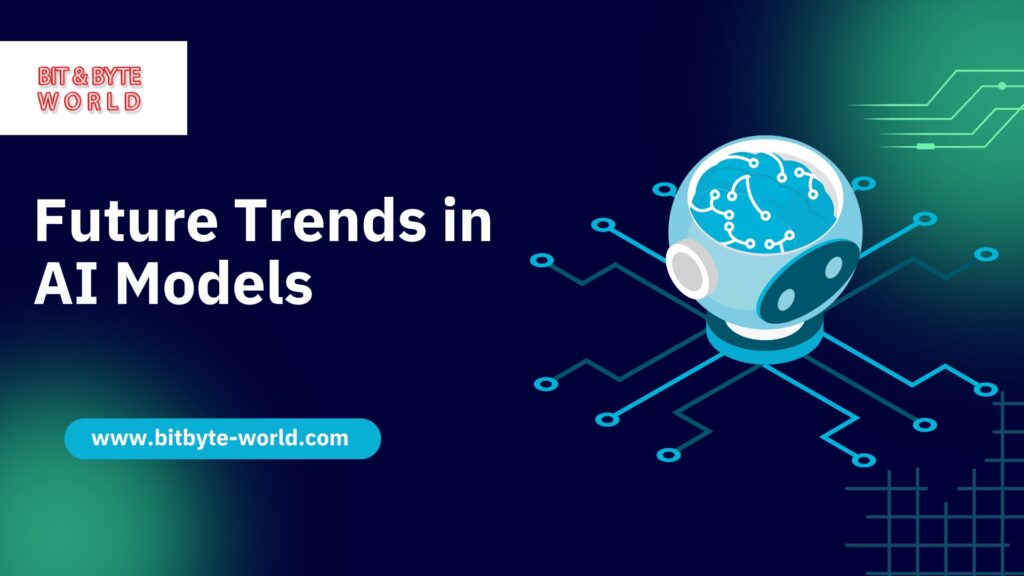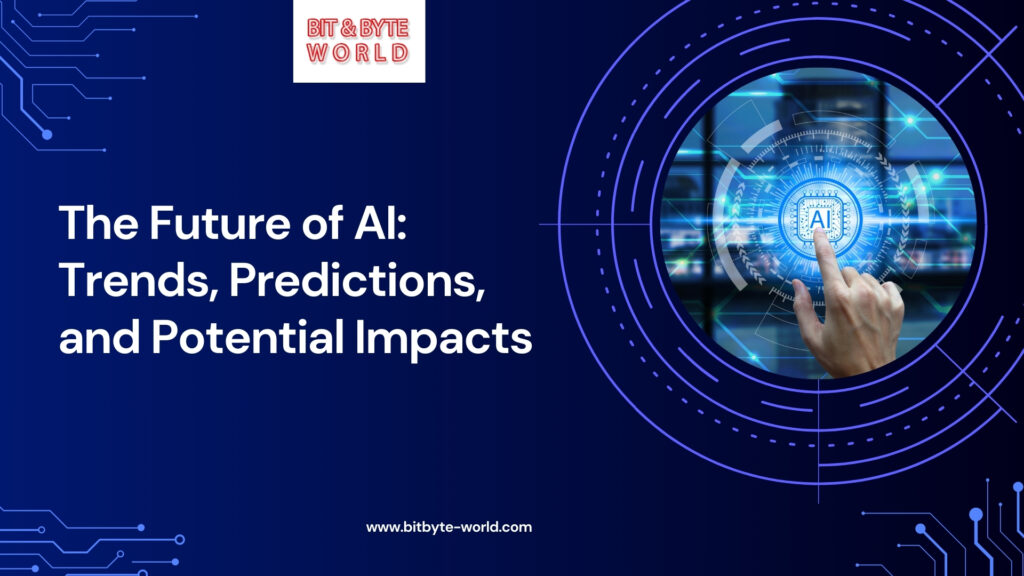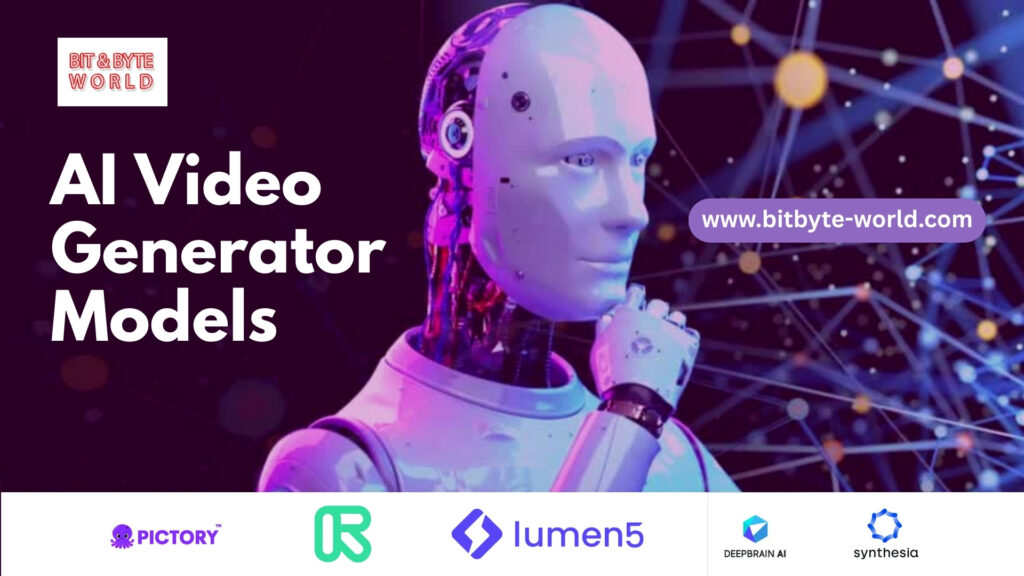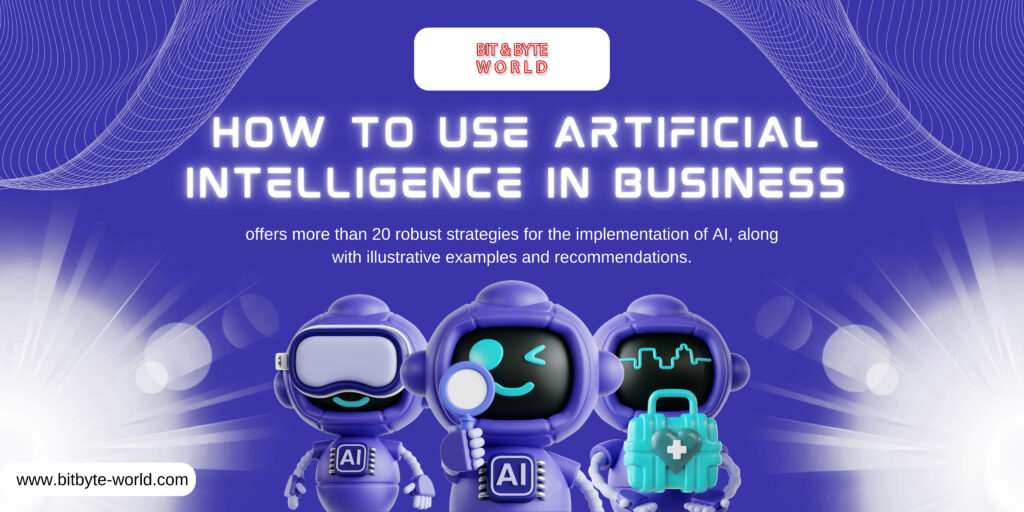
Introduction
The impact of artificial intelligence (AI) in today’s world is irrefutable. From automating particular business processes to introducing advanced clinical capabilities, AI is emerging as the go-to solution. Voice helpers and self-driving automobiles are just some examples of how AI technology is evolving. These models are breaking new frontiers by further innovating, enhancing, and developing additional use cases.
Being on top of future changes in AI technology is imperative from all business, political, and personal perspectives. The way we will incorporate AI in our day-to-day tasks will highly depend on how we choose to solve challenges posed by these transformations.
This article attempts to analyze and define the most probable ‘futures’ of AI based on multi-disciplinary impacts and innovations, including natural language processing, computer vision, healthcare, automation, sustainability, and AI ethics.
Advanced Natural Language Processing (NLP)
Current Capabilities
- BERT and GPT-4 are few examples of AI models that have excelled in text parsing and syntax generation.
- They serve multi-functional virtual assistants, AI powered customer service, and other types of content development.
- There are advancements in service translations and they are tending to be more nuanced and sensitive to context.
Emerging Trends
- AI models are understanding context better and are capable of identifying sarcasm and sentiment in a given textual content.
- Enhancement and development are aiding conversational AI in fostering autonomous human-machine interactions.
Future Advancements
- Chatbots with a high degree of emotional intelligence that can recognize and react to different sentiments.
- Real-time translation for effortless communication across language barriers.
- AI content becoming increasingly no different than content created by humans.
Enhanced computer vision
Current applications
- Security and mobile devices facial verification.
- For automation and autonomous vehicles, object recognition.
- For medical imaging and quality assurance, image processing.
Future trends
- Image processing for immediate decision-making.
- Better facial recognition accuracy alongside other protective features.
- Improved visual comprehension in augmented reality and virtual reality applications.
Industry implications
- Healthcare: AI-enhanced radiology increasing the accuracy of diagnostics.
- Security: Improved surveillance systems with advanced anomaly detection.
- Retail: AI-powered personalized advertising with advanced analysis of smart checkout and customer activity.
AI in Healthcare
Current applications
- AI helps in the diagnosis of illnesses through the analysis of medical histologies and medical histories of patients.
- AI aiding in drug development through the prediction of interactions between molecules.
- Treatment is tailored to a patient’s genetic profile by using personalized medicine.
Future Outlook
- Predictive analytics assisting doctors in anticipating possible health issues for their patients.
- Improvement of precision and reduction of errors during AI-assisted robotic surgeries.
- Virtual health assistant services developing and implementing patient care and treatment plans.
Ethical Issues
- Concerns about information confidentiality that is sensitive and AI-managed.
- AI technology resolutions are overseen by regulatory bodies to address bias and discrimination.
Reinforcement Learning and Autonomous Systems
Foundations of Reinforcement Learning
- AI optimizes decisions through trial and error over an elapsed timeframe.
- AI is used in robotics, game-playing, and even in complex financial modeling.
Looking Ahead
- Robots that can learn on the job and multifunction after being placed in a new setting.
- Autonomous vehicles that are newly enhanced with advanced safety and decision-making features.
- AI implemented in buildings and cities to manage the use of various resources and enhance the experience of the occupants.
Considerations
- Laws ensuring that AI-controlled systems will function dependably and securely.
- Concerns on ethics and social acceptance of autonomy with AI make use of more decision-making freedom.
AI and Sustainability
How AI can aid Sustainability Efforts?
- Smart grids and industries benefit from the increased productivity AI brings in planning energy use.
- AI powered pollution sensors and deforestation aids for monitoring trees to protect the environment.
Future Trends
- Environmental accidents may be anticipated, and AI applied climate models strive to reduce them.
- Resource management and recycling waste AI supported waste decreasing.
- Decreasing the volume of water and pesticide applied in captivating precision farming through AI.
Impact
- Sustainability goals achievement and compliance require the aid of AI by many businesses.
- Policy decision making and protection of the environment is done by Government aided using AI.
ETHICAL AI AND GOVERNANCE ETHICS
IMPORTANCE OF ETHICAL AI
- AI development must adhere to norms, via systems that try to minimize bias and discrimination AI should be accountable
- Without consideration of the impact and outcomes of the action, it becomes possible to implement AI policies.
Future Trends
- AI regulation to fit terms and conditions imposed by laws and people’s morals; to these, stricter control or remaking of AI policies could be observe
- Ethicists and politicians merge and come together with firms specializing in technology.
- Assessment systems of AI will CARELESSLY check all discriminatory behaviors and decide the way the AI makes decisions.
Conclusion
As artificial intelligence is developing extensively, its new tendencies need to be comprehended and analyzed AI medicine and sustainability serve as floodgates AI-enhanced NLP and computer vision, along with, dictate the industry and life.
Morality supervision will guarantee that AI is created to cater for human ideals.
Read more: AI Model Comparison 2025: Which is Better?







Pingback: How to Use Artificial Intelligence in Business - bit&byte-world